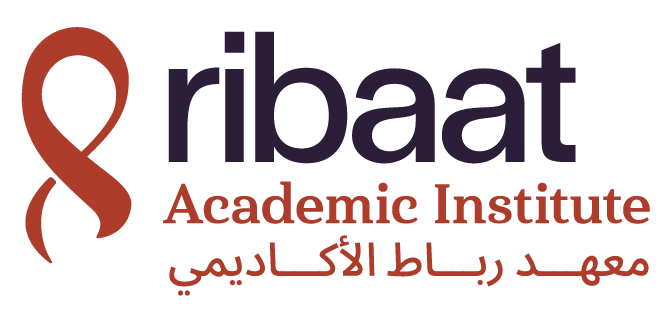Quran Tajwid Certifications
Through this program, students will work individually with an assigned Ribaat tajwid teacher to memorize the last five ajza’ of the Holy Quran (about 100 pages). Each student will be paired with a certified tajwid teacher, either online or locally, with whom she will work one-on-one. All teachers assigned at this level hold the same ijaza through a connected sanad directly from the Prophet ﷺ in the Hafs ‘an Asim recitation.
- Successful completion of Arabic Novice High*
- Successful completion of TAJ 201 and 202 and/or TAJ 203
- Successful completion of TAJ 301*
- Successful completion of memorizing Juz’ 30 in TAJ 401 or TAJ 402
- Pass an oral assessment
The ijāzah in the Holy Quran is a certification which recognizes that the bearer has recited the Holy Quran from start to finish with complete application of the rules of tajwīd and authorizes its bearer to teach and pass on the same ijāzah in turn. All teachers in the track as well as the Ribaat Tajwid Committee hold the same ijāzah through a connected sanad directly linked to the Prophet ﷺ in the Hafs ‘an ‘Asim recitation. The Ribaat Tajwid Ijazah is issued by Rabata and the Ribaat Academic Institute and authorized by the Ribaat Tajwid Committee.
Through this program, students may choose to work towards a memorization ijazah with tajwid or a reading ijazah with tajwid and complete requirements associated with the type of ijazah they intend to work towards. Each student will be paired with a certified tajwid teacher (the same teacher they worked with for TAJ 405) either online or locally, with whom she will work one-on-one. Students will also learn al-Jazariyyah, a poem dedicated to the science of tajwīd, as well as other requirements as assigned.
This program will be complete when the student has recited the entire Quran to one tajwīd teacher and passes a series of oral examinations with the Ribaat Tajwid Committee demonstrating the ability to apply and explain the rules of tajwīd. As part of the ijazah process, students will need to travel to meet and recite to the Ribaat Tajwid Committee in person. Details of this travel will be shared later with students who are accepted into the program.
- Successful completion of Arabic Novice High*
- Successful completion of TAJ 201 and 202 and/or TAJ 203
- Successful completion of TAJ 301*
- Successful completion of memorizing Juz’ 30 in TAJ 401
- Successful completion of TAJ 405**
* items may be waived through an assessment
** can enroll in 405 and 501 simultaneously for the ijaza ‘al haadir
What is an ijaza?
An ijaza certifies that an individual completed the study of a text, topic, or field, under the guidance and instruction of a teacher, who certifies and verifies that the student attained a certain level of understanding and proficiency. This then connects the student in a chain of knowledge leading back to the Prophet ﷺ.
The Quran was initially memorized by the Prophet Muhammad ﷺ and the first Muslims who then taught it to their children and communities, who then taught it to their children and communities, and so on.
From this passing over generations began a chain of reciters, or sanad, of those who had memorized the Quran leading back to the Prophet Muhammad ﷺ. As Islam continued to spread across the world to people whose tongues weren’t accustomed to pronouncing the Arabic sounds in the Quran, the science of recitation developed to address the phonetics and phonology of the Quran. The phonetics of the Quran refers to the study of sounds in terms of how the tongue is placed for each letter (called makharij) and the characteristics or manner of each sound (sifaat). Phonology refers to certain pronunciation rules that occur based on context, like elongating vowels in certain circumstances or blending sounds in other situations. These rules all together fall under an integral part of Quranic studies and that is the science of tajwid. Read more
How to get started
STEP 1:
Submit an Tajwid Assessment and Arabice Placement Test.
STEP 2:
Register in the level you are advised. See Enrollment > Academic Calendar for registration dates.
All students starting in the Tajwid Program must complete an online Placement Test for both Arabic and Tajwid to ensure they are starting at the right level.
